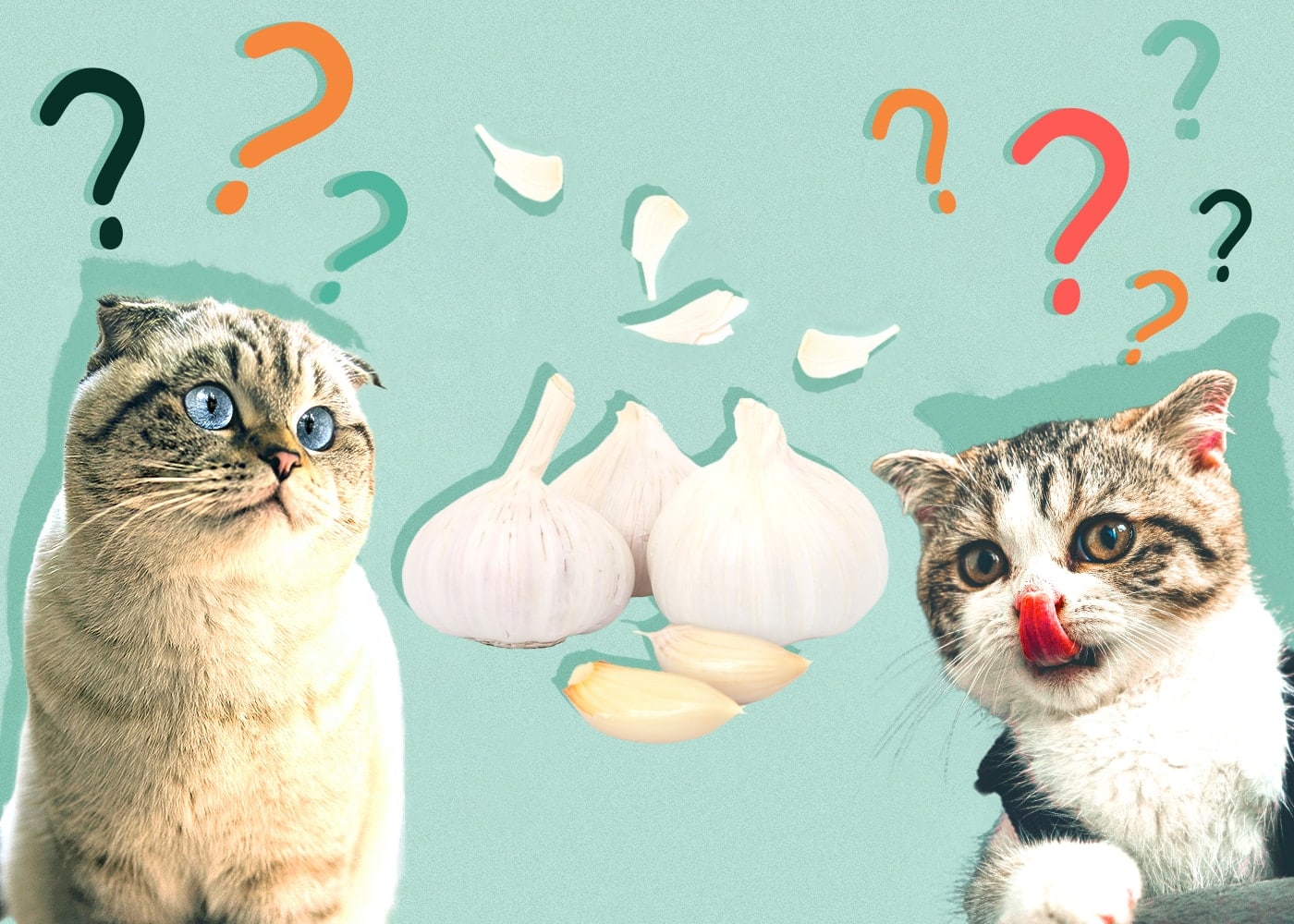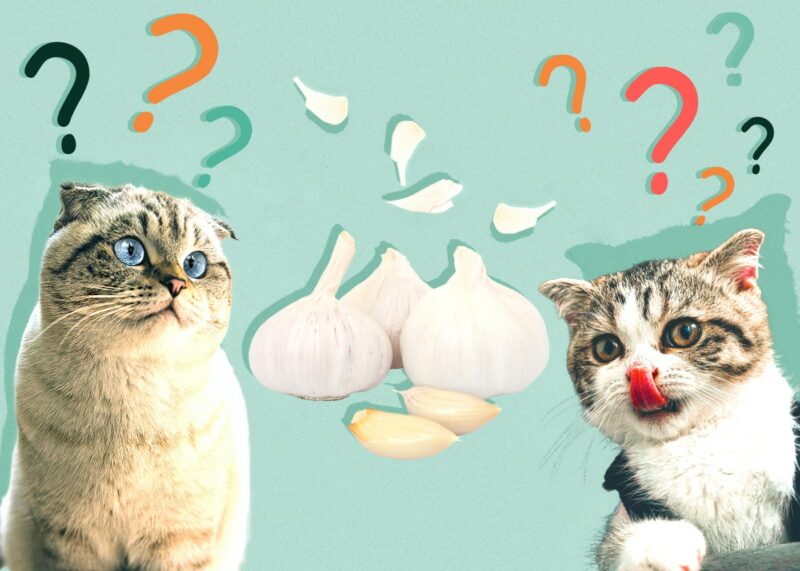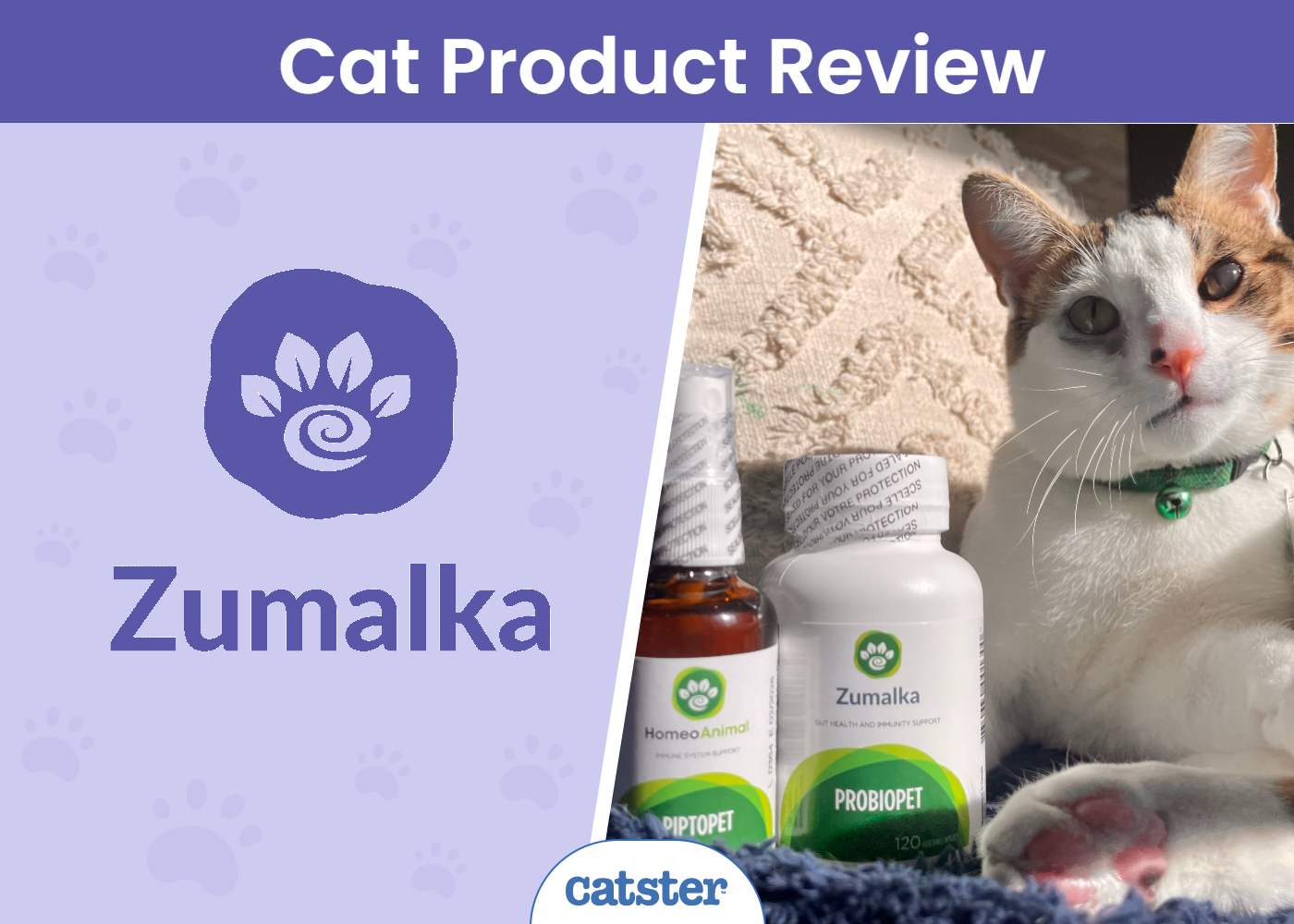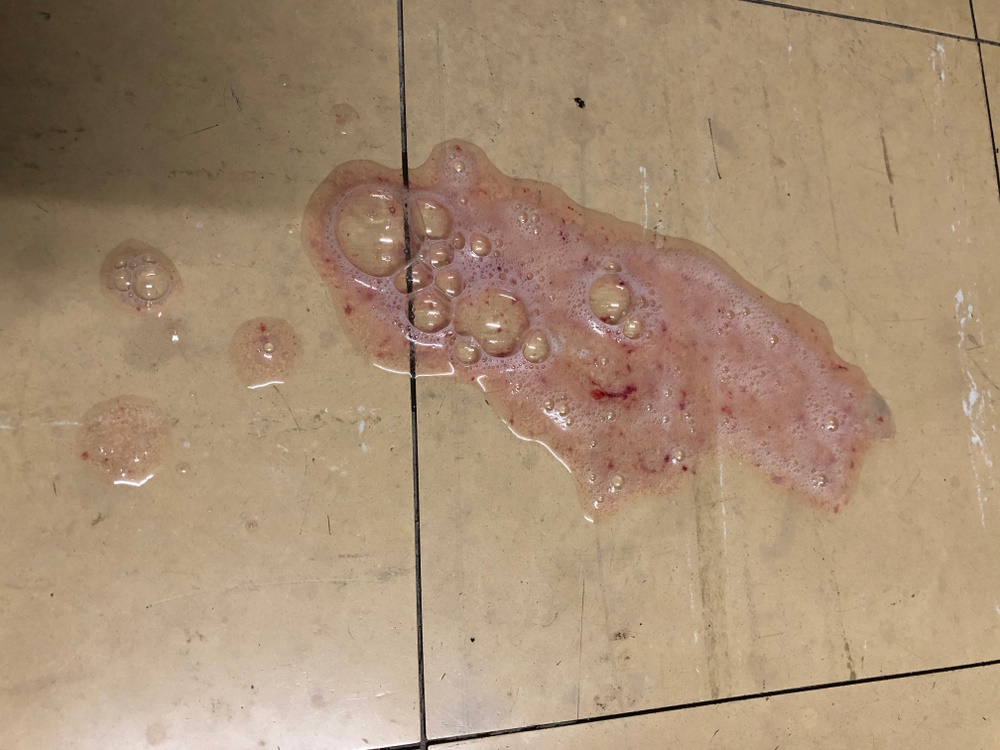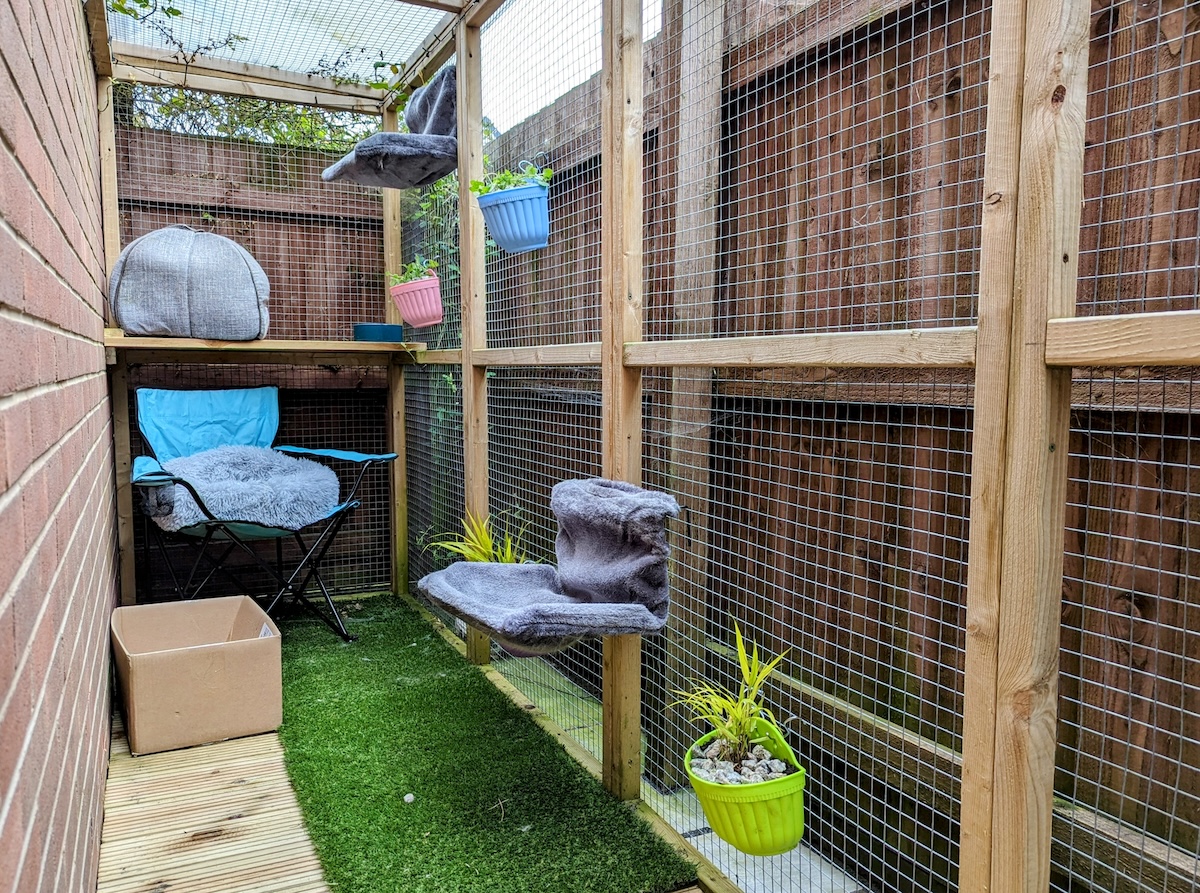Click to Skip Ahead
Few foods are as popular and as potent as garlic. We use garlic to imbue its delicious, savory flavor into our foods, and millions love the bulbous, flowering plant. However, if you’re a cat owner, you might wonder if your furry friend can eat garlic. You should never give garlic to your cat, even in small amounts, or put it in your cat’s food in the form of garlic powder or garlic salt. Garlic is highly toxic to cats. Eating even a tiny amount will make your cat very ill and, in higher amounts, can be fatal.
Why Is Garlic So Toxic for Cats?
Garlic is so bad for cats because of a compound in the plant called sodium n-propyl thiosulfate. It is highly toxic to cats (and dogs) because it seeks out and damages their red blood cells, the cells that carry oxygen from their heart and lungs to their bodies. This damage, called hemolysis (aka red blood cell destruction), causes anemia, which occurs when the organs of a cat’s body break down because they aren’t getting enough oxygen.
If a cat eats enough garlic, the anemia can become so severe that they don’t survive the experience. Therefore, if you know your cat has eaten a substantial portion of garlic, a trip to your veterinarian is essential. Don’t wait until your cat shows signs of being sick; by that point, it can be too late.
How Much Garlic Is Toxic for a Cat?
Garlic is toxic to cats and dogs. However, because most dogs are bigger than cats (and some are substantially bigger), a significantly smaller amount of garlic can be more harmful to a cat than a dog. Even a single clove of garlic can poison a cat and cause severe health issues. As for garlic powder, about ⅛ of a teaspoon would be enough to cause your cat severe distress, and both types of garlic in their respective amounts could be fatal.
What Can Happen When a Cat Eats a Lot of Garlic?
Sodium n-propyl thiosulfate causes hemolysis by attacking and destroying red blood cells. As we’ve seen, this can lead to deadly anemia if your cat eats a lot of garlic at once or over a long period.
- Difficulty breathing
- Pale gums
- Lethargy and weakness
If your cat eats a lot of garlic all at once, the signs of poisoning might not appear for several days. When they do, however, they can be shockingly severe. That’s why it’s best to immediately take a cat that’s eaten garlic to the veterinarian.
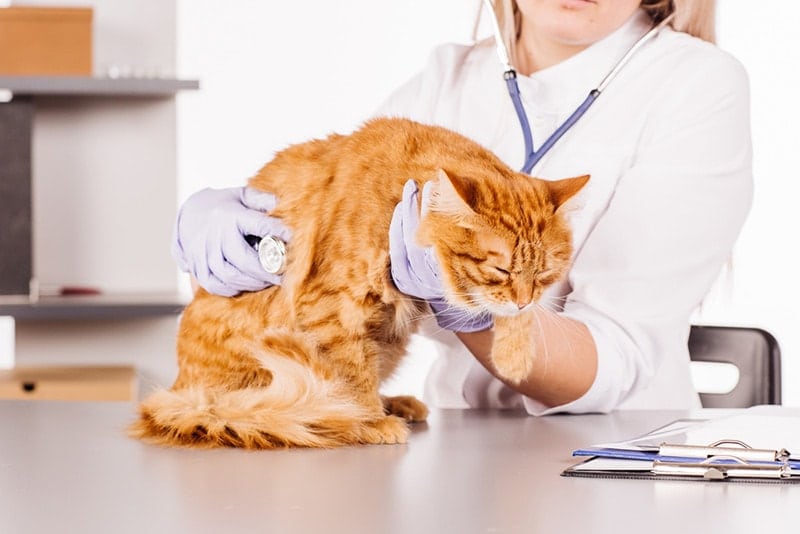
Is Garlic Powder or Garlic Salt Also Toxic for Cats?
Yes, garlic powder and garlic salt are toxic to cats and can cause the same health issues, including hemolysis and anemia. Indeed, because garlic powder and garlic salt are concentrated forms of garlic, they can be harmful to your cat in even smaller amounts.
Should You Feed Your Pets Food Seasoned with Garlic?
If you make fresh food for your cat, you should never include garlic of any kind, including fresh, cooked, and powdered. You may have heard that some people put garlic in the food they make for their cats because they think it will help their heart or prevent fleas. Both of these claims are abjectly false, and veterinarians warn against putting garlic of any kind in your cat’s food.
Is Cooked Garlic Safe for Cats?
Veterinarians agree that cooked garlic is just as bad for a cat as raw garlic and, in some respects, even worse. That’s because a cat can easily eat a lot of cooked garlic at once since it’s soft, easy to chew, and has a pleasing aroma. Raw garlic is just the opposite and, thus, more difficult to eat quickly.
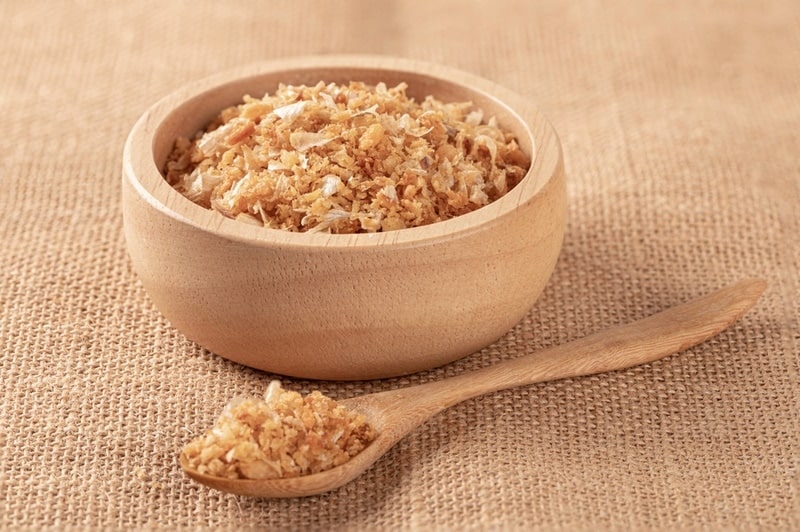
What To Do if Your Cat Eats Garlic
If you know your cat has eaten a lot of garlic, you should head to your veterinarian’s office. Your vet will likely induce vomiting so that your cat expels the garlic before its body can digest it (and the toxic compounds it contains).
If you didn’t see your cat eat garlic, but they’re showing the early signs of garlic poisoning (vomiting, diarrhea), you should bring them to your vet immediately. You should also note that there’s no accepted home remedy for a cat that’s eaten a lot of garlic, leaving veterinary care as your only option.
What About Other Plants in the Allium Family?
Garlic is part of the allium family of plants, including onions, shallots, and others. They can cause severe health issues for a cat and should all be avoided.
- Shallots
- Scallions (green onions)
- Onions
- Chives
- Leeks
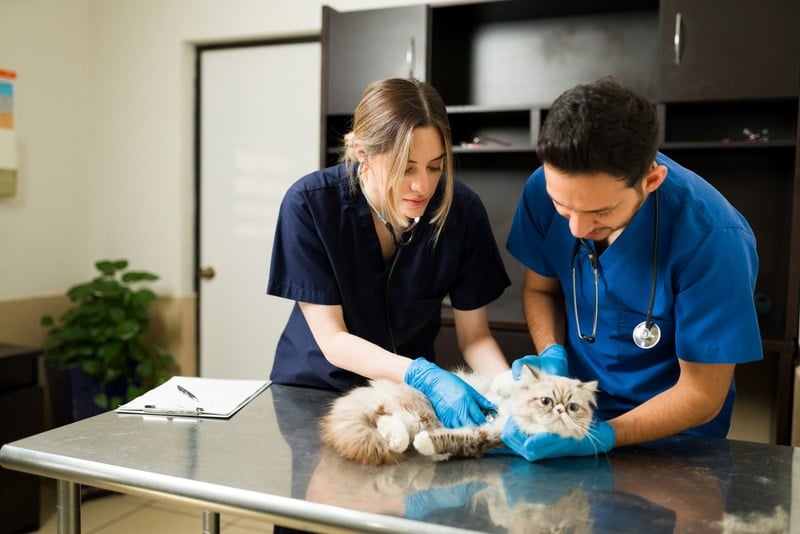

Final Thoughts
Cats should never be fed garlic in any form since the plant and the bulbs it produces are toxic to felines. Even a single clove of garlic can cause severe health issues for your cat, so keeping it out of its reach (and out of your cat’s food) is a must.
If you see signs of garlic poisoning or know your pet has eaten garlic, an immediate trip to your vet is essential. In severe cases, fast action and veterinary care can save your cat’s life.

